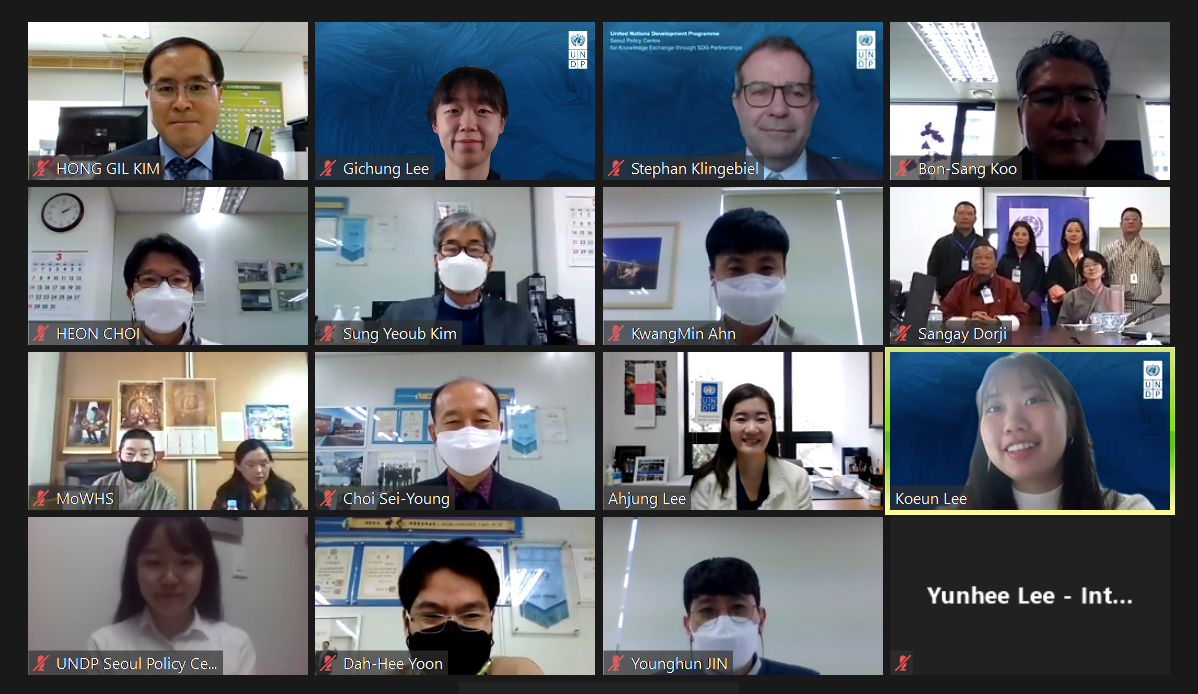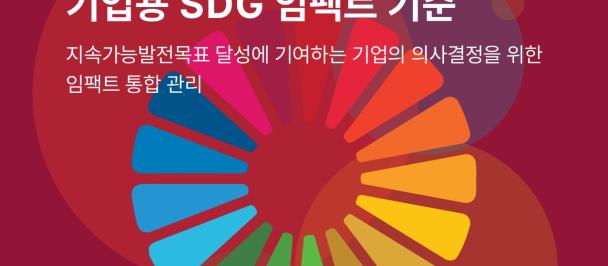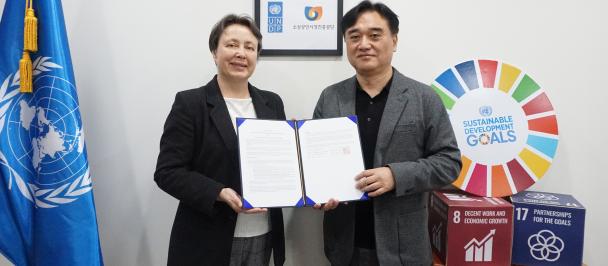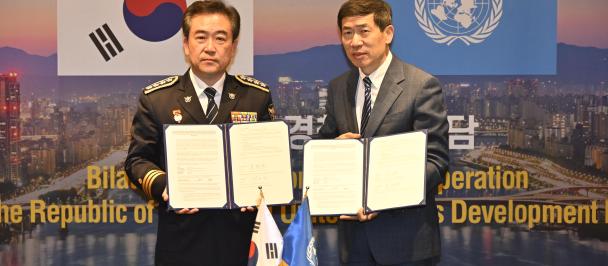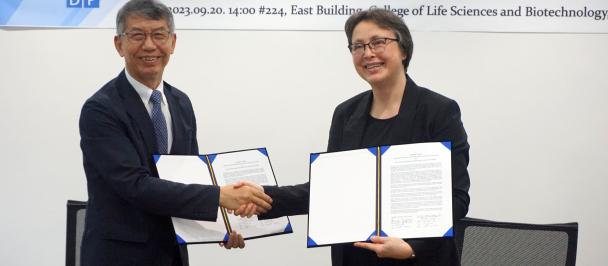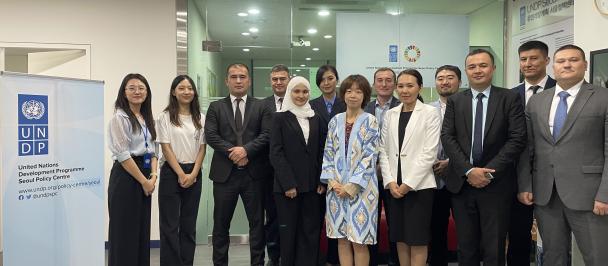On 31 March, the webinar “Knowledge Exchange E-Consultation on Benchmarking Clean Construction System” was organized by the UNDP Seoul Policy Centre(USPC), together with UNDP Bhutan office with the participation from Seoul Metropolitan Government, the Construction Association of Bhutan, and the Department of Engineering Services at the Ministry of Works and Human Settlement (DES) of Bhutan. This webinar took place as part of UNDP Seoul Policy Centre (USPC)’s SDG partnerships* on Transparency and Accountability.
The Clean Construction System (CCS), which won the prestigious UN Public Service Award in 2013, enhances efficiency in the management of construction information. It consists of One-Project Management Information System (One-PMIS) and the Construction Information Disclosure System (or “Allimi” in Korean), CCS also promotes transparency within the sector by disclosing information on construction projects to the public. This SDG partnership was timely, as the Royal Government of Bhutan began to focus on engaging more youth in the construction sector, through initiatives such as the Build Bhutan Project. The Bhutan Government has also introduced the Construction Management Software (CMS). As such, this webinar aimed to introduce the CCS to the Construction Association of Bhutan and DES, so the Bhutanese partners can benchmark Seoul's experience upon upgrading the CMS.
Mr. Stephan Klingebiel, Director of USPC, stated in his opening remarks that he “looks forward to discussing how we can all work together to make this knowledge and experience from Seoul relevant, useful, and impactful in the particular context of Bhutan—both for the government, as well as for the private sector partners.” Mr. Hong-Gil Kim, Director General at Seoul Metropolitan Infrastructure Headquarters also noted that he hopes the knowledge-exchange e-consultation will provide instrumental support to the Bhutanese effort in enhancing transparency in construction, by adapting Seoul’s CCS into a suitable system for Bhutan. In turn, Ms. Azusa Kubota, Resident Representative of UNDP Bhutan, stated that the Build Bhutan project will support the enhancement of the current software by incorporating additional modules on information disclosure based on the Korean CCS.
During the technical session, an overview of One-PMIS and Allimi was provided by Mr. Sei-young Choi, Deputy Director at Seoul Metropolitan Infrastructure Headquarters. A more detailed presentation on the CCS system and its components was delivered by Ms. Ahjung Lee, the Governance Portfolio Manager at USPC. She elaborated upon the two key components of CCS, One-PMIS and Allimi. One-PMIS is a system for the standardization of construction business and reporting processes, and Allimi is a real-time disclosure system of information on public construction projects to the public. After the presentation, Bhutanese government officials from DES highlighted the important features of CCS that are missing from their software, noting that they are "looking forward to incorporating those features into CMS."
* UNDP Seoul Policy Centre (USPC) shares Korea’s tested-and-proven policy tools with other countries through SDG Partnerships. As part of this work, USPC and the Seoul Metropolitan Government have been working together since 2015 to share the city’s public construction management & information disclosure system with partner countries.

 Locations
Locations